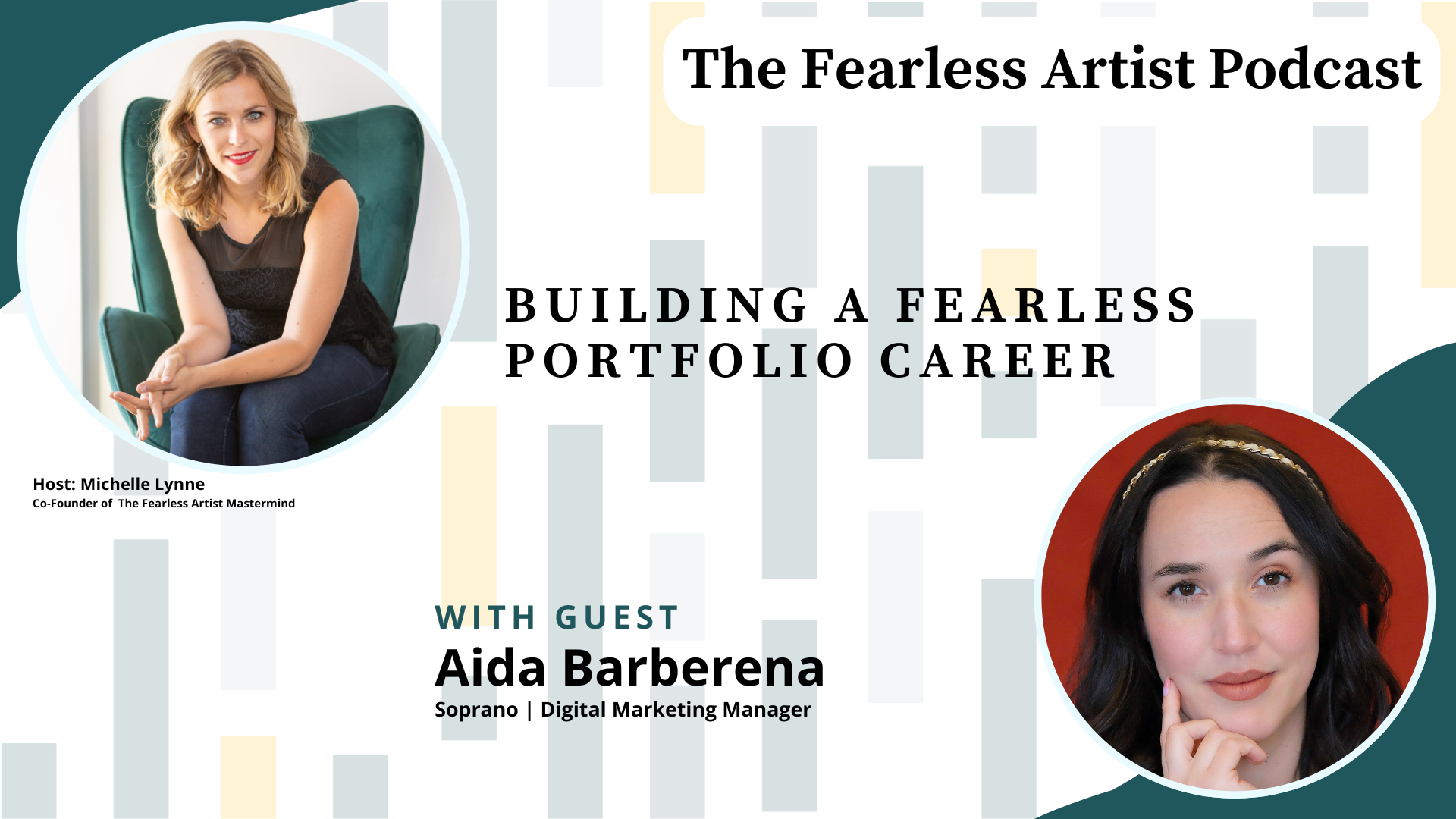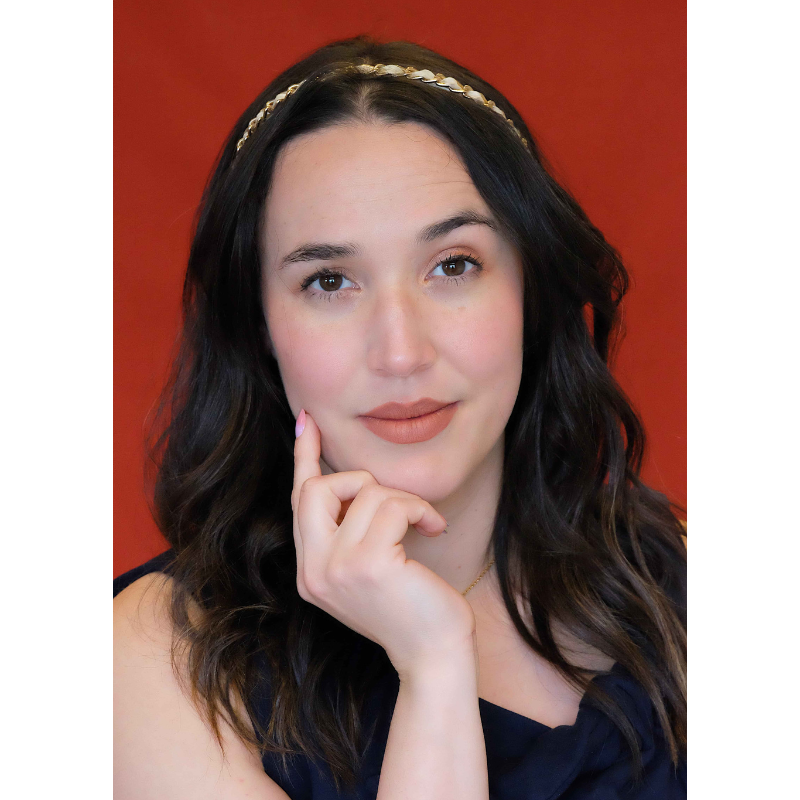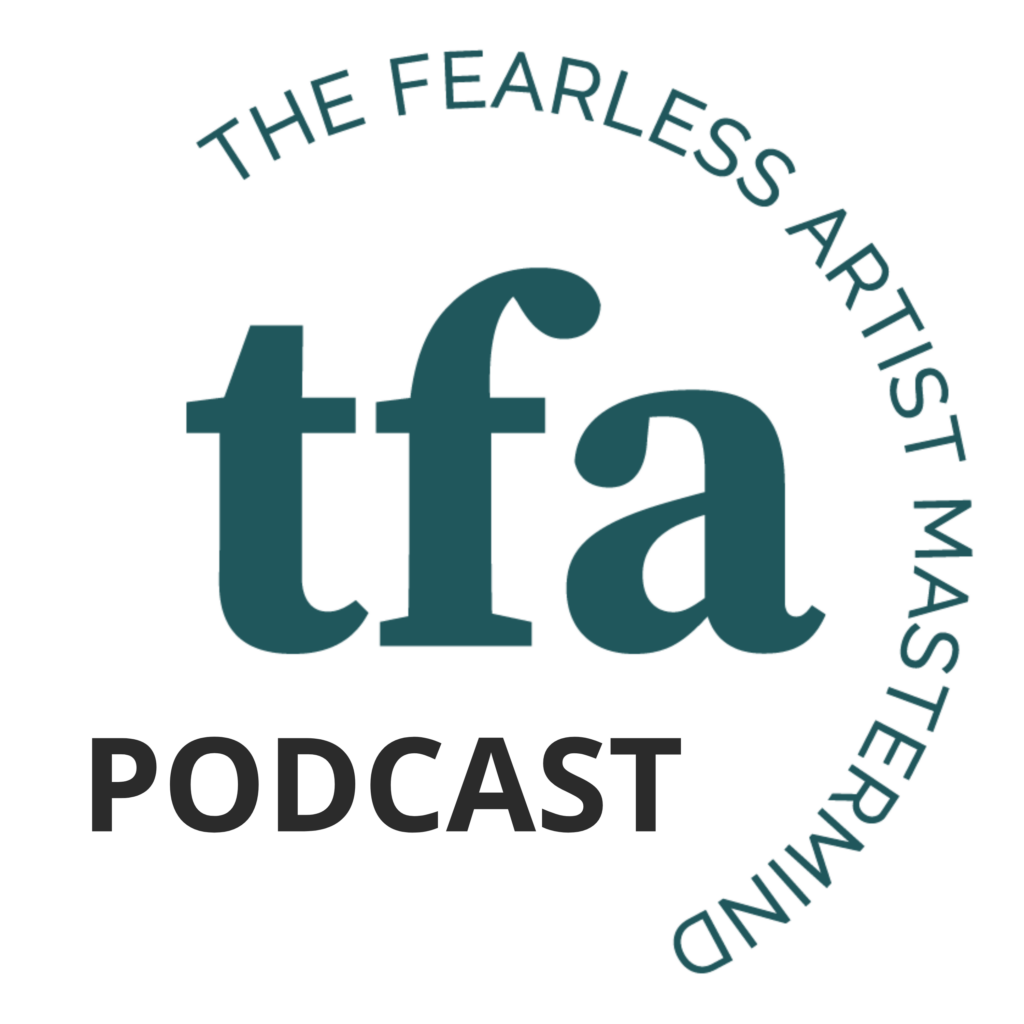Building a Fearless Portfolio Career
Episode 7

Guest:
Aida Barberena
Soprano | Digital Marketing Manager
Aida Barberena is a soprano from Nicaragua, currently based in the Netherlands and attending Codarts in Rotterdam. She has participated in dozens of opera and musical productions in her home country and Europe. Debuted as a soloist with the role of Hänsel in Austria in 2021, and continues to build her portfolio with romantic repertoire recitals and productions.
She’ll start the 2024 season with Pergolesi’s Stabat Mater and will sing a lead role in Codarts opera production.
When she’s not singing, she’s working as a digital marketing manager, creating content or cooking new recipes.

Subscribe to The Fearless Artist Podcast
Intro/Outro music by Michelle Lynne • Episode produced by phMediaStudio, LLC
